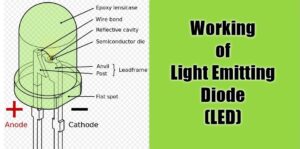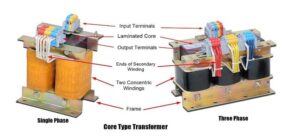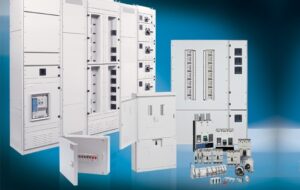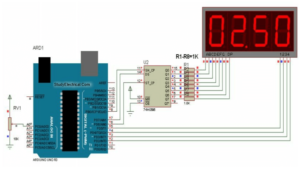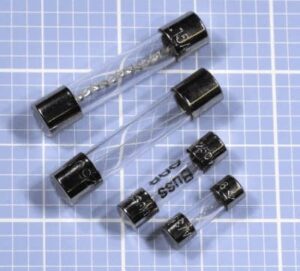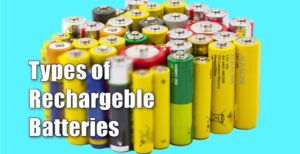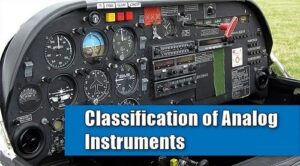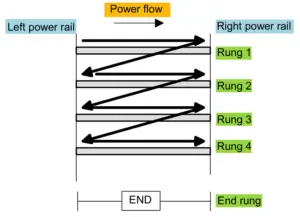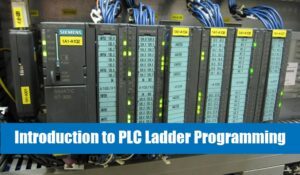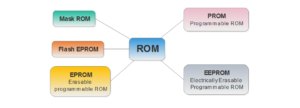Core Type and Shell Type Transformers
Depending on the type of construction used, the transformers are classified into two categories. Core type Transformer Shell type Transformer Difference … Continue Reading
Low Voltage Switchgear
Low voltage switchgear, according to IEC 60947, refers to switchgears with rated voltages up to 1000 V AC and 1500 … Continue Reading
Arduino DC Digital Voltmeter
A voltmeter is an instrument used for measuring electrical potential difference between two points in an electric circuit. Analog voltmeters … Continue Reading
What is a FUSE and How it Works?
A fuse protects an electrical circuit or device from excessive current when a metal element inside it melts to create an … Continue Reading
Different Types of Rechargeable Batteries
Rechargeable batteries are everywhere these days: cordless tools, laptop computers, cordless phones, and cell phones, just to name a few. … Continue Reading
Three Types of Analog Instruments – Indicating, Recording and Integrating
An analog instrument is one in which the output or display is a continuous function of time and bears a … Continue Reading
What is Ladder Diagram and How to Draw a Ladder Diagram?
This is a continuation of the previous article (Introduction to PLC Ladder Programming) in PLC Programming series. Please go through … Continue Reading
Introduction to PLC Ladder Programming
We have already discussed the introduction to programmable logic controllers. Please go through it before reading this. In this article, … Continue Reading
Types of ROM | PROM, EPROM, EEPROM, Flash EPROM & Mask ROM
What is ROM? ROM stands for Read-only Memory. It is a type of memory that does not lose its contents … Continue Reading
